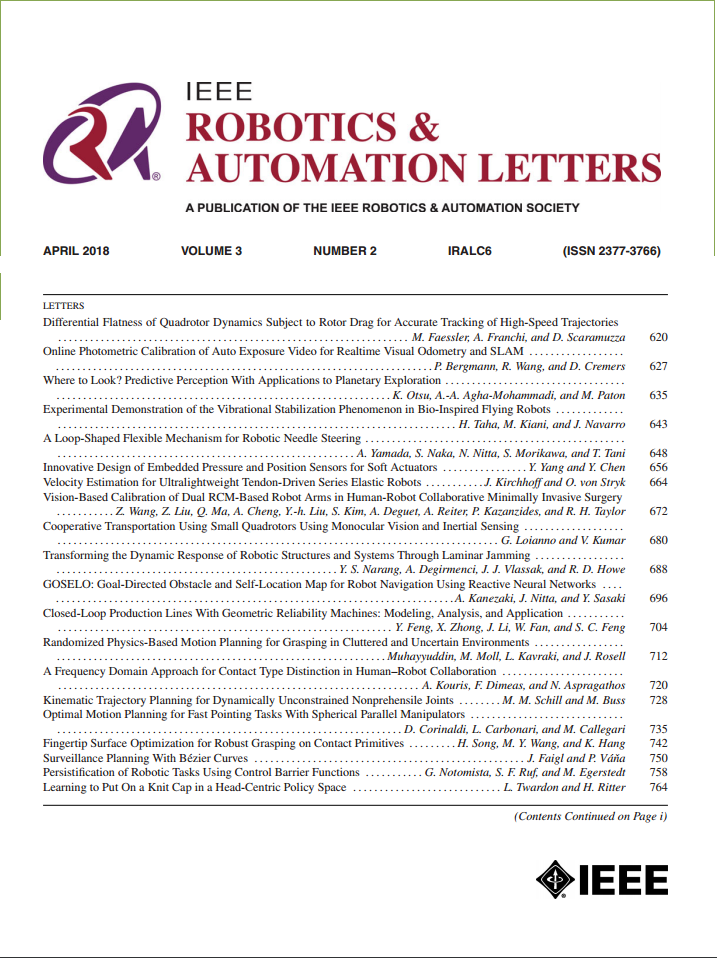Language-Driven Policy Distillation for Cooperative Driving in Multi-Agent Reinforcement Learning
IF 4.6
2区 计算机科学
Q2 ROBOTICS
引用次数: 0
Abstract
The cooperative driving technology of Connected and Autonomous Vehicles (CAVs) is crucial for improving the efficiency and safety of transportation systems. Learning-based methods, such as Multi-Agent Reinforcement Learning (MARL), have demonstrated strong capabilities in cooperative decision-making tasks. However, existing MARL approaches still face challenges in terms of learning efficiency and performance. In recent years, Large Language Models (LLMs) have rapidly advanced and shown remarkable abilities in various sequential decision-making tasks. To enhance the learning capabilities of cooperative agents while ensuring decision-making efficiency and cost-effectiveness, we propose LDPD, a language-driven policy distillation method for guiding MARL exploration. In this framework, a teacher agent based on LLM trains smaller student agents to achieve cooperative decision-making through its own decision-making demonstrations. The teacher agent enhances the observation information of CAVs and utilizes LLMs to perform complex cooperative decision-making reasoning, which also leverages carefully designed decision-making tools to achieve expert-level decisions, providing high-quality teaching experiences. The student agent then refines the teacher's prior knowledge into its own model through gradient policy updates. The experiments demonstrate that the students can rapidly improve their capabilities with minimal guidance from the teacher and eventually surpass the teacher's performance. Extensive experiments show that our approach demonstrates better performance and learning efficiency compared to baseline methods.求助全文
约1分钟内获得全文
求助全文
来源期刊

IEEE Robotics and Automation Letters
Computer Science-Computer Science Applications
CiteScore
9.60
自引率
15.40%
发文量
1428
期刊介绍:
The scope of this journal is to publish peer-reviewed articles that provide a timely and concise account of innovative research ideas and application results, reporting significant theoretical findings and application case studies in areas of robotics and automation.
 求助内容:
求助内容: 应助结果提醒方式:
应助结果提醒方式:


